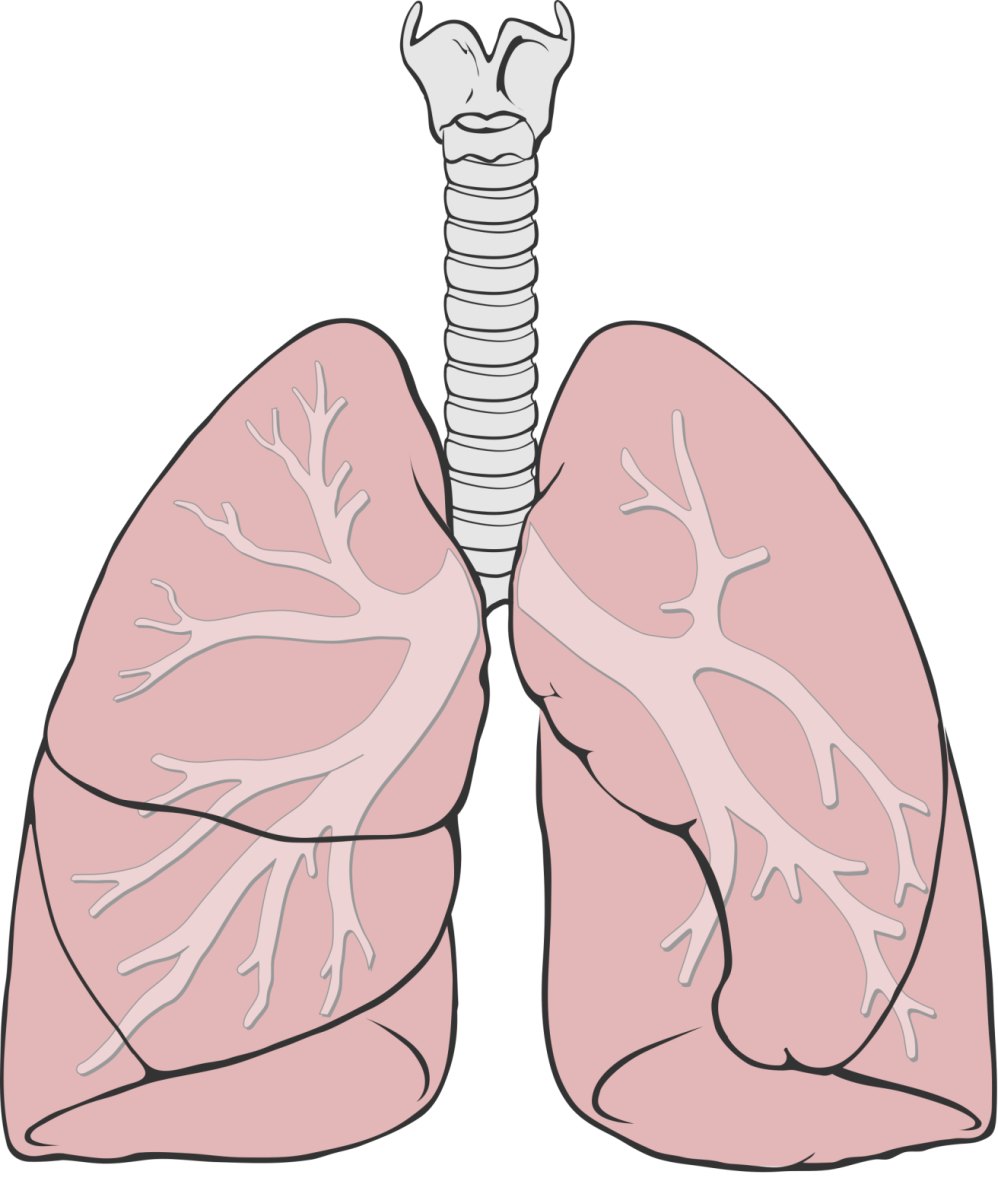Everyone understands the addictive nature of potato chips from the adage that “you can’t have just one.”
Currently, Harvard scientists have an inclination toward a new type of chip, human organs-on- chips. Organ chips are USB-flash- drive-sized devices that mimic human organs.
In a Cell Systems report from late 2016, a cluster of Boston scientists outline the value of an airway-on-a-chip in modeling the effects of smoking for patients with chronic obstructive pulmonary disease (COPD).
Research on smoking is problematic because common research animals are nose breathers. Thus, they do not experience the same effects from smoking as humans.
COPD is heterogeneous, caused by a myriad of different genes, which also makes it difficult to study. The airway-on-a-chip system circumvents both of these problems. Multiple bronchial tube chips can be used with cells from different patients to control for variability, and the chip successfully recapitulates air movements that result from smoking.
Their model of the human response to smoking is comprised of four parts: human bronchiolar cells on a chip, a smoke generator, a microrespirator and a program that emulates human smoking patterns. The program specifically administers the typical number of puffs taken in a smoking session to the bronchiolar cells, taking into account average puff duration and inter-puff intervals.
Using this system, the scientists have identified new, specific genes associated with COPD and effectively modeled human responses to smoking. Discovery of particular genes correlating to COPD can lead to new diagnostic techniques and therapeutic targets for COPD.
New methods of diagnosing heterogeneous diseases like COPD are especially important because these diseases are challenging to distinguish early. Additionally, some of the specific genes identified in this study have connections to susceptibility to cancer and viral infections, of which COPD patients are at a higher risk of contracting. With this information, biomedical scientists can investigate methods to stifle the likelihood of developing cancer and viral infections along with COPD.
In the future, the research group plans to add immune cells to the chips to study the immune response to smoking and to use the system for long-term smoking studies. Hopefully these organ chips will prove more beneficial for improving human health than addictive potato chips.








